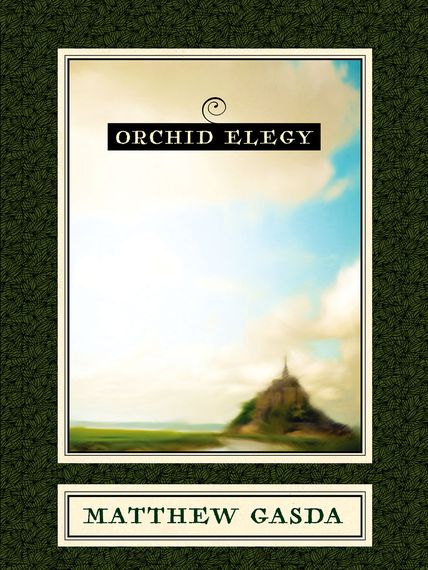
Matthew Gasda’s gorgeously contrapuntal Orchid Elegy is a long poem that, like a fugue, moves at once backwards and forwards, joining an impulse towards restless exploration and budding divagation with an instinct for recapitulation. Its 179 brief numbered sections are held both together and apart by a semantic tensegrity achieved through graceful thematic stratification; each structural node experiences the quality of its own solitude in resonance with an elegiac melos unfolding around and through it. These parcels of finitude, “petals like the characters of a play,” constantly seek, both in form and in thought, the pattern of a lost Eurydice, even in the shifting, retreating presence of the Other, “for the most important category of beauty is the beauty of that which is lost.” The spiral of longing persists through love, hunger and death. Yet, something is accomplished, if not necessarily captured, through the turning of this gyre of “lament and encomium.” Tracing and dissecting through the alchemy of metaphor the form of the beloved, “slowly the poem emerges from its secret” and “consciousness emerges”; the poem, or the soul, becomes body, and vice versa, “a shared node … transparent—shining,” and with renewed purpose, the elegy of life begins again.